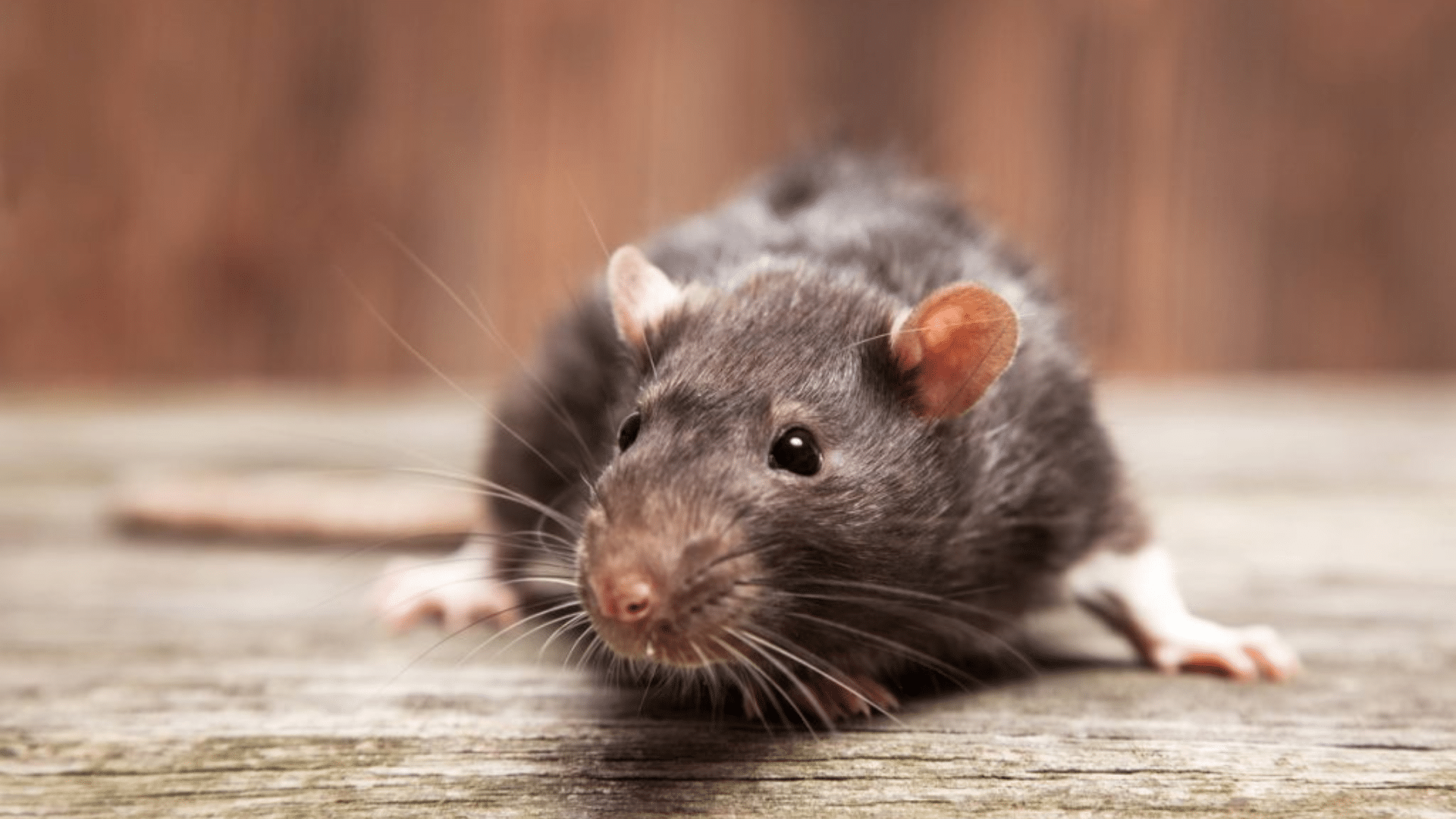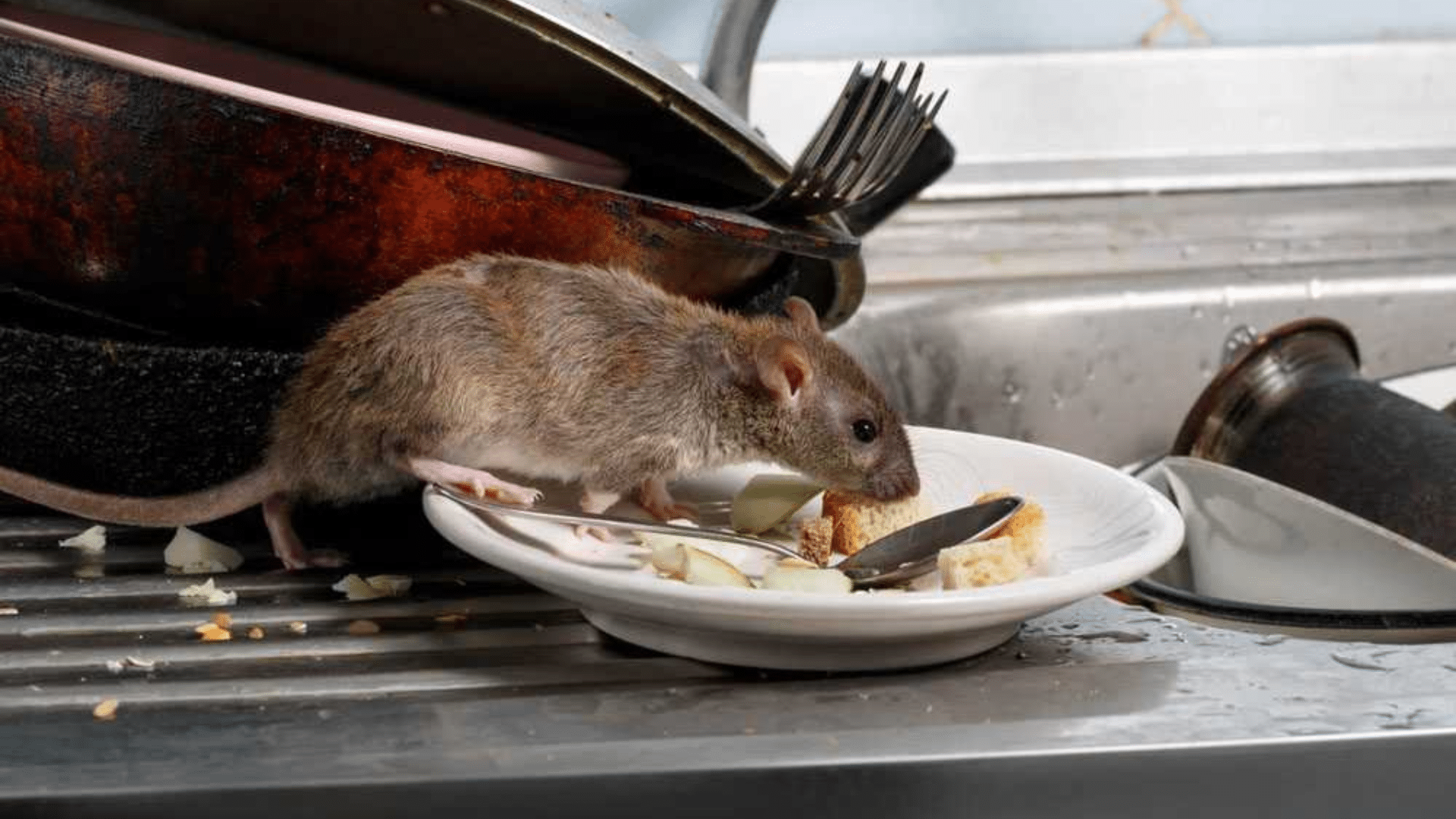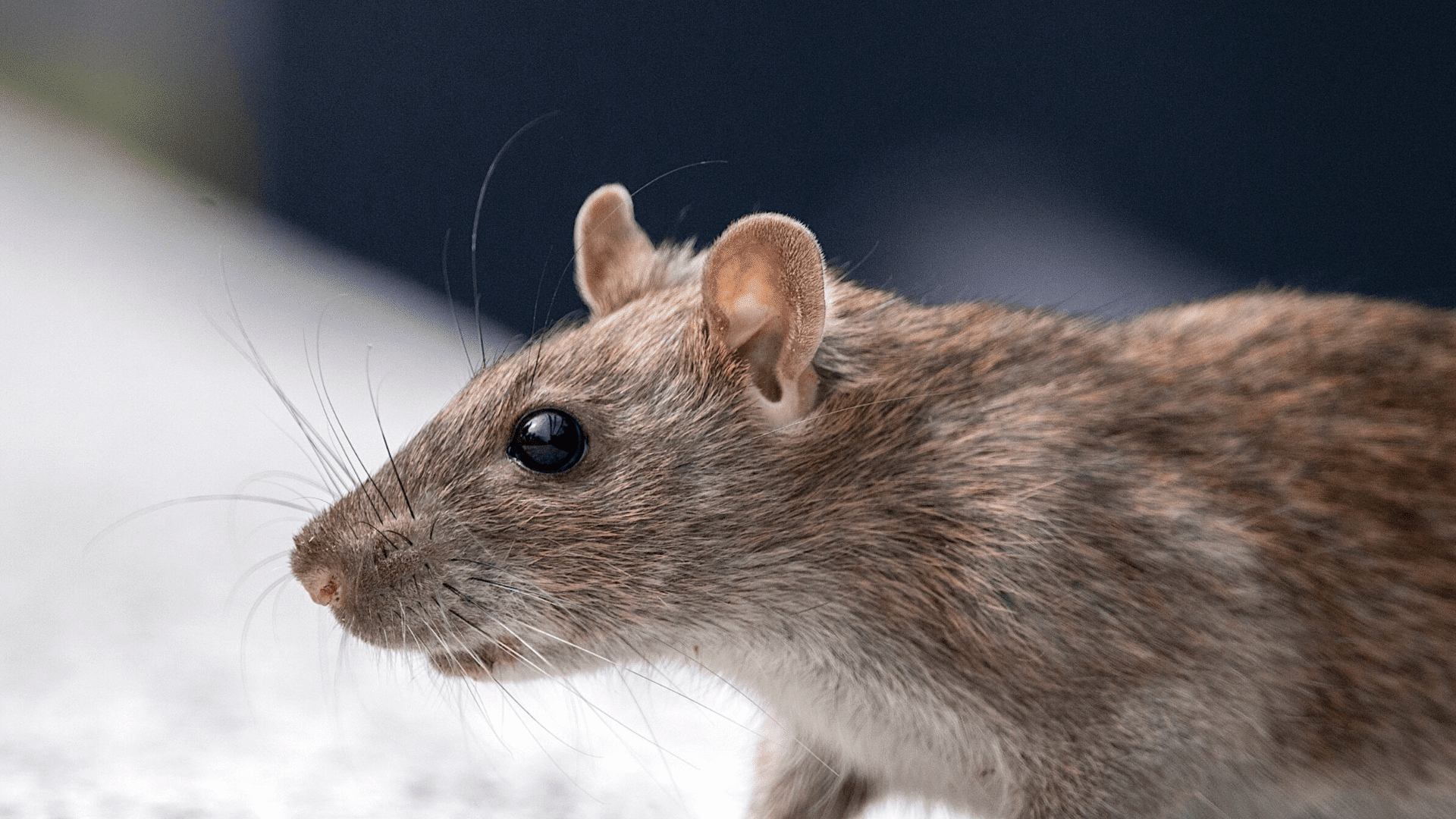Rats have become Unwelcome Guests in Homes and Businesses Worldwide, Creating Significant Challenges for Property Owners.
These Tough Creatures Can Cause Structural Damage, Spread Diseases, and Contaminate Food Supplies with Remarkable Efficiency.
While Many Turn to Harsh Chemicals and Lethal Methods, Knowing Rats’ Natural Aversions Offers Alternatives that May Prove Both Humane and Effective.
This Blog Talks About the Substances, Sounds, and Environments that Rats Actively Avoid, Providing Practical Insights for Those Seeking to Protect Their Spaces.
By Learning What Rats Naturally Dislike, Readers Can Develop More Targeted and Potentially Sustainable Approaches to Rodent Management.
Understand the Nature of Rats
Rats Are Highly Adaptable Creatures with Outstanding Survival Instincts that Have Allowed Them to Progress in Diverse Environments Across the Globe.
These Intelligent Rodents Possess Keen Senses, Particularly Their Exceptional Smell and Hearing Abilities, Which Help Them Detect Both Food Sources and Potential Dangers.
Rats Are Social Animals that Live in Hierarchical Groups, Communicating Through Various Sounds and Scent Markings.
Their Physical Capabilities Are Impressive, They Can Squeeze Through Openings as Small as a Quarter, Climb Vertical Surfaces, and Even Swim Through Plumbing Systems.
Most Active During Nighttime Hours, Rats Reproduce Rapidly, with Females Capable of Producing Several Litters Annually.
What Do Rats Hate?

Rats Have Distinct Aversions that Can Be Leveraged to Deter Them from Homes and Properties. These Clever Rodents Dislike Certain Smells, Sounds, and Environments that Threaten Their Safety or Disturb Their Sensitive Senses.
Understanding These Natural Dislikes Offers Homeowners Effective and Often Humane Alternatives to Traditional Extermination Methods.
Common Rat Repellents
Commercial Rat Repellents Utilize Specific Ingredients and Technologies Designed to Trigger Rats’ Natural Aversion Responses. These Products Harness Scents, Sounds, and Tastes that Rats Find Particularly Unpleasant or Threatening.
| Repellent Type | Why Rats Hate It |
|---|---|
| Ultrasonic Devices | Emit high-frequency sounds that irritate rats’ sensitive hearing |
| Predator Urine | Triggers fear response due to natural predator detection |
| Ammonia | Mimics predator urine smell and irritates respiratory system |
Natural Methods to Deter Rats
Many household items and natural substances effectively repel rats without requiring harsh chemicals or expensive equipment. These natural deterrents work by exploiting rats’ sensitive olfactory and taste systems.
| Natural Deterrent | Why It Works |
|---|---|
| Peppermint Oil | Strong scent overwhelms rats’ sensitive smell receptors |
| Mothballs | Contain naphthalene which produces odors rats avoid |
| Clove Oil | Sharp smell disrupts rats’ ability to detect food sources |
| Hot Pepper | Capsaicin irritates mucous membranes and respiratory system |
What Rats Hate About Your Home

Despite their reputation for resilience, rats have specific aversions to certain home conditions that can be leveraged for prevention.
Creating an unwelcoming environment for these rodents means understanding what drives them away from potential nesting sites and food sources.
- Clean Spaces: Rats avoid areas without food debris or clutter. Immaculate kitchens, regularly swept floors, and tidy storage spaces eliminate the essential resources rats need for survival, making your home significantly less attractive to these opportunistic pests.
- Regular Activity: Constant human presence and movement deter rats from settling in. Active households with regular foot traffic, noise, and disruption prevent rats from establishing the secure, quiet nesting locations they prefer for raising their young.
- Proper Food Storage: Securely stored food in airtight containers eliminates accessibility. Rats detest homes where they cannot easily access nutrition, particularly when all food items are stored in glass, metal, or heavy-duty plastic containers that resist their gnawing attempts.
- Sealed Entry Points: Rats hate homes without easy access points. Properties with properly sealed foundation cracks, intact vent covers, and no gaps around utility lines eliminate the convenient entry routes these rodents require to infiltrate living spaces.
- Strong Scents: Overwhelming aromas from essential oils and spices disturb rats’ sensitive olfactory systems. Peppermint, eucalyptus, and citrus scents can make your home’s atmosphere unpleasant for rats while remaining pleasant for human inhabitants.
- Bright Lighting: Well-lit spaces eliminate the darkness rats prefer for their nocturnal activities. Illuminated areas, particularly around potential entry points and known rat pathways, disrupt their comfort zone and discourage settlement.
Conclusion
For immediate results, try combining multiple deterrents, perhaps an ultrasonic device alongside proper food storage and predator urine pellets around the perimeter.
Remember that consistency is key when implementing these solutions. Regular maintenance and vigilance will prevent new infestations from taking hold.
Should these approaches prove insufficient, professional pest control services remain available to handle severe problems.
Take control today by making your home genuinely inhospitable to rats, ensuring peace of mind and protecting your property from damage.















